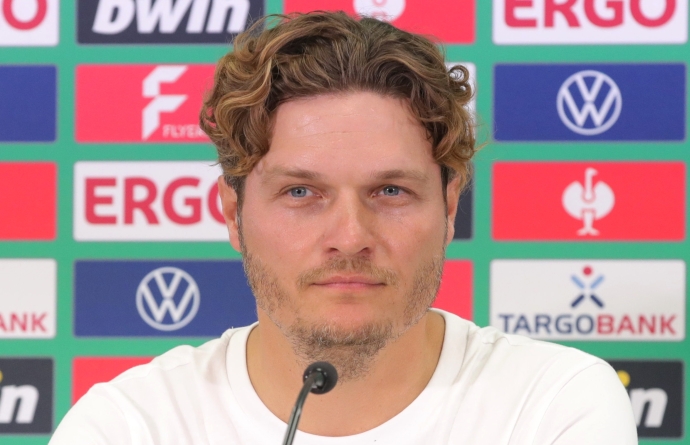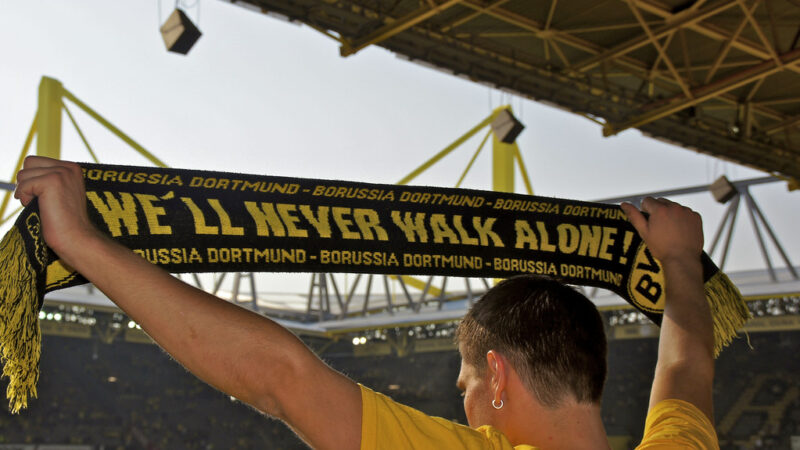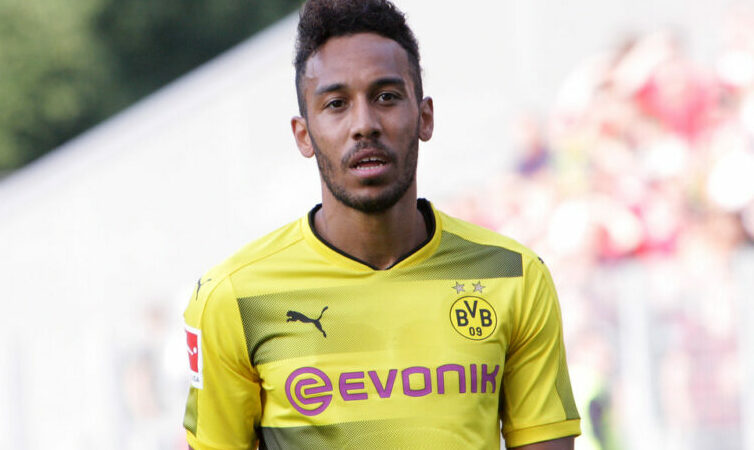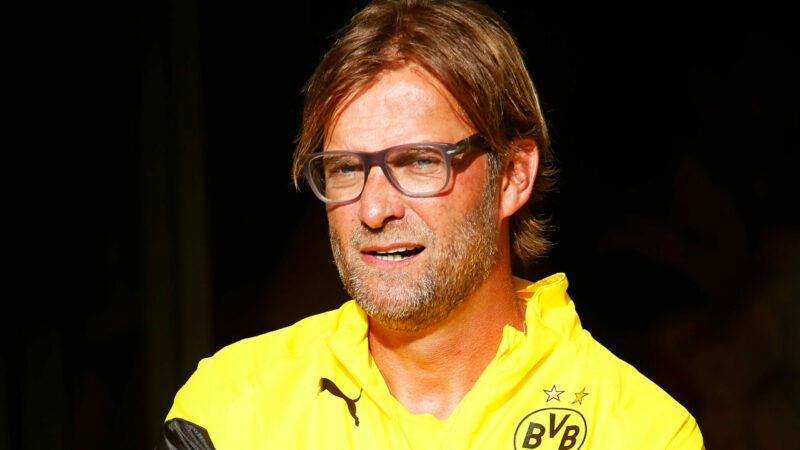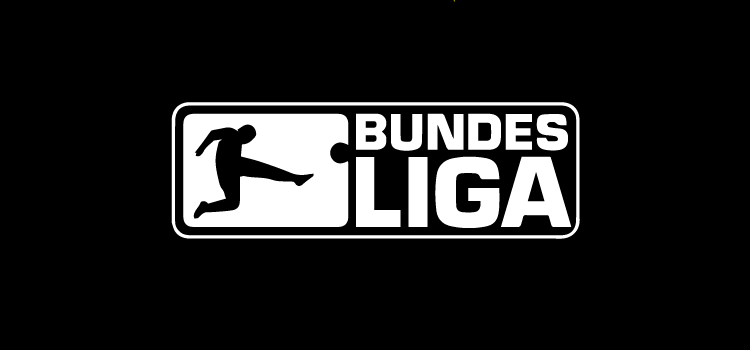The Bosz’ Last Straw: 5 Key Talking Points From Borussia Dortmund v Werder Bremen

As it happened, Saturday’s match would be the end of the Peter Bosz era in Dortmund, but first, fans had to sit through yet another uninspired, shaky performance from their beloved club. Borussia Dortmund welcomed relegation battlers Werder Bremen to the Signal Iduna Park, under an immense amount of pressure to turn around a season that has rapidly devolved into disaster at almost every level. It was truly a microcosm of their season so far, with the domination of the ball not helping the hosts exert any form of control on the match. Despite facing one of the worst teams in the league this season, the Dortmund players showed just how far their confidence has plummeted as they never really troubled a very orderly defence for the majority of the match. As the final whistle blew and die Schwarzgelben had succumbed to the visitors 2-1, it was obvious to nearly everyone at the club that change was about to arrive.
#1 Establishing New Lows
With their managerial change (more on that in a moment), Dortmund have now entered a period of self-reflection in which they try and rediscover that spark that made their play so effervescent under Thomas Tuchel, even when they were conceding more goals than they would have wanted. The first half of Saturday’s match was as impotent and attacking display as has been seen at the Westfalenstadion in recent times, with little imagination or conviction to the attacks.
Mahmoud Dahoud, an outstanding young talent whose season thus far has been as disappointing as the whole team’s, was virtually invisible, forced into an uncomfortable centre pairing with Shinji Kagawa in midfield. Kagawa was probably the best player on the day, with his energy always providing a spark to his side. Pierre-Emerick Aubameyang was silent for much of the match as well, and Andriy Yarmolenko was horrendous, even being replaced by an equally ineffective Andre Schurrle to open the second half. As has been the case all season, sloppy defending and poor marking led to both of Werder Bremen’s goals, and the next manager’s most important job upon starting is to organise the shambolic defence that started the season so confidently.
#2 Glimpses of Themselves
Despite a result that accurately portrayed their impotence, there were moments in the second half where the team showed flashes of their old selves. With the introduction of Nuri Sahin into midfield and Andre Schurrle to the right flank, the forwards pinned their ears back and pressed much higher up the pitch while the team shifted back to Bosz’ preferred 4-3-3. Kagawa began to find space in midfield and there was a spring to their collective step that was absent from the lifeless first half. Aubameyang’s goal came from the first real quality chance of the game or Dortmund, and for a time it did look like they would turn the match around before Gebre Solassie buried a headed opportunity after Roman Burki saved Max Kruse volleyed effort just 7 minutes later. The goal robbed Dortmund of their initiative and closed out the scoring for the match.
#3 A Bosz No More
To the surprise of exactly nobody, Peter Bosz was sacked by the club following the loss to Werder Bremen and almost immediately replaced by former Koln manager, Peter Stoger. The move was expected, even following a public backing at the club’s annual general meeting with shareholders and fans as he has watched his side completely self-destruct after playing out the first month and a half of the season without a loss.
After a tough Champions League loss to Real Madrid, in which Dortmund controlled the pace of play and took the majority of chances over the defending champions, the spell was broken, and a free fall down the table commenced. The contrast has been nothing short of astonishing, as die Borussen closed out September with a 5 point lead over rivals Bayern Munich and in first place in the Bundesliga, but after Saturday and Bosz’ firing, Dortmund are a disappointing 8th, 13 points off of the Bavarians’ pace. His tenure is not likely to be remembered in a positive light by the Sudtribune ultras, as just a year ago the club had one of the best young managers and best head scouts in Europe but now has neither.
#4 The Stoger Era
Ok, I know, he’s not Julian Nagelsmann, but Peter Stoger might just be the perfect caretaker to help turn this season around. Stoger is a no-frills organizer, who is known for his ability to set up a defence. Fired from Koln after a terrible start to the season, Stoger nevertheless got his team to perform well at times in Europe, even frustrating a heavily rotated but still lethal Arsenal side in a 1-0 victory in November. Koln’s issue for much of the season was a lack of goals in attack, an issue Stoger is not likely to have as badly with all of the attacking talents in Dortmund.
Himself surprised at the opportunity, Stoger was nevertheless a candidate for the job after Tuchel’s firing earlier this year, but at the time was still fully committed to Koln. He is a respected figure, who will likely succeed in improving the sieve masquerading as a defence currently on display. The real trick with his arrival is the flexibility it gives the club; Stoger is not such a big name that he would be irreplaceable come the summer, when the team could make a run at one of the game’s rising managerial stars like Lucien Favre or Nagelsmann, but he also is a good enough manager to potentially make a long-term home in the Ruhr. It is a signing that lacks the sex appeal that fans of such a popular club would like, but as is the case with the majority of decisions made by Hans-Joachim Watzke and Michael Zorc, it could prove to be the right one.
#5 January Solutions
With the arrival of Peter Stoger and departure of diamond eyed scout Sven Mislintat, it remains to be seen what this could mean for the club when the January transfer window opens. Pierre-Emerick Aubameyang could finally have found the excuse he needs to move on to bigger and better things, and the club will likely continue to trend younger with their targets, especially considering they are already pretty much out of title contention. One thing is for certain, the club will continue to make fiscally intelligent decisions no matter who they pursue because that is just how they have operated since coming back from the brink of insolvency. Once Stoger’s tactics have been established (smart money is on a very organised and very German style 4-2-3-1) the picture will become much clearer. In the meantime, all that matters is that this free fall is put to an end before it has long-lasting implications for the club’s future as Germany’s second largest.

